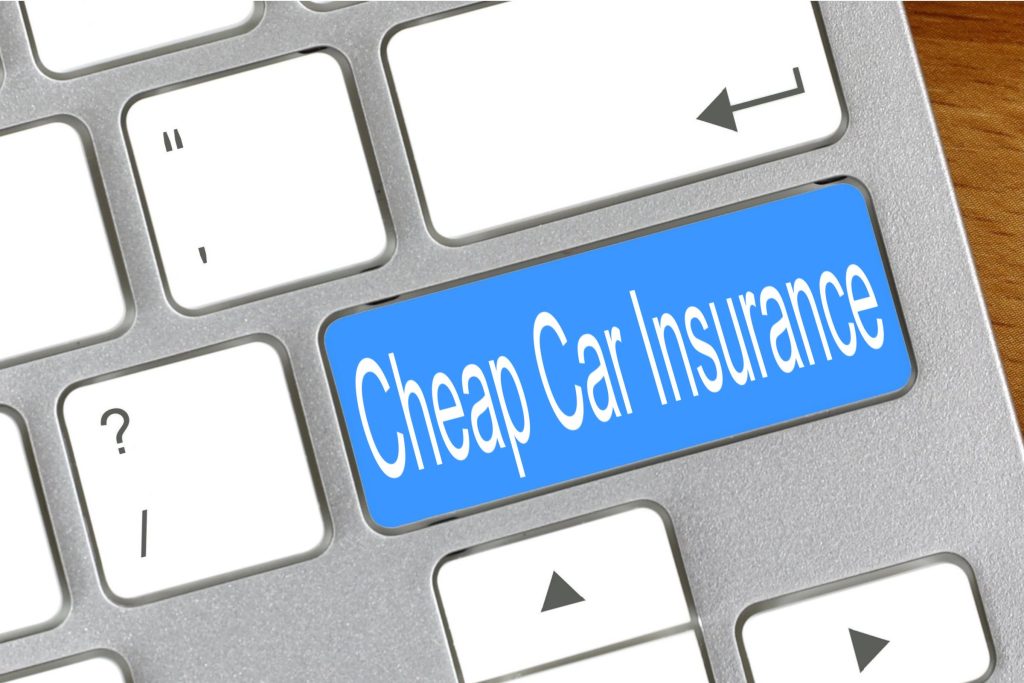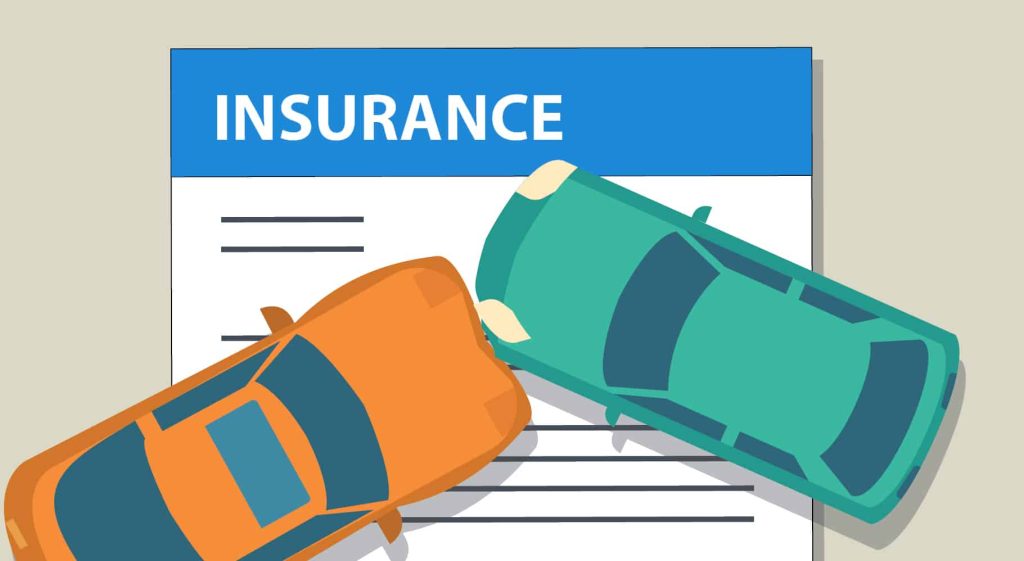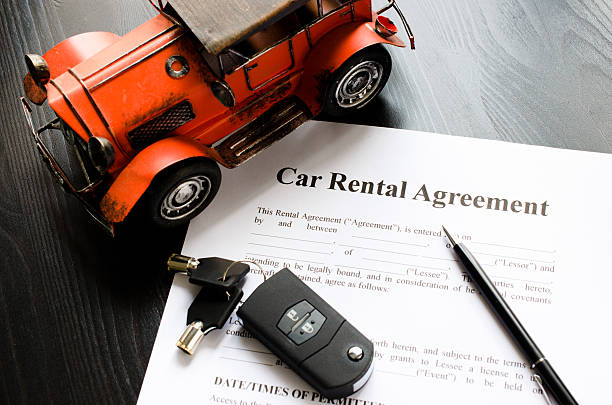In the world of auto insurance, managing multiple vehicles can present a unique set of challenges and opportunities. For families or individuals who own more than one vehicle, understanding multicar insurance quotes is essential for both financial efficiency and comprehensive coverage. This article delves into the intricacies of multicar insurance, exploring its benefits, the factors that influence quotes, and how to effectively navigate the process to ensure you’re getting the best deal for your needs.
What is Multicar Insurance?
Multicar insurance is a type of policy designed to cover more than one vehicle under a single insurance plan. This approach not only simplifies the management of your insurance policies but can also lead to significant cost savings compared to insuring each vehicle separately. Essentially, it consolidates multiple auto insurance policies into one, providing a streamlined approach to managing your vehicle coverage.
When you opt for a multicar insurance policy, you typically receive a single policy document that lists all of your insured vehicles. This policy often includes a single premium, which is usually lower than the sum of individual premiums for separate policies. Insurers often provide discounts for multiple vehicles, reflecting the reduced risk and administrative costs associated with managing a single policy for multiple cars.
The concept behind multicar insurance is relatively straightforward: it leverages the principle of economy of scale. By insuring multiple vehicles under one policy, insurance companies can offer lower rates due to the consolidated nature of the risk assessment and management. This can lead to substantial savings for policyholders who own several vehicles, making it an attractive option for families or individuals with more than one car.
Benefits of Multicar Insurance

One of the primary benefits of multicar insurance is the potential for significant cost savings. Insurance companies typically offer discounts for insuring multiple vehicles, which can accumulate into substantial savings over time. These discounts vary by insurer and can depend on factors such as the number of vehicles insured, the types of vehicles, and the overall risk profile of the policyholder.
Another benefit is the simplicity of managing a single policy rather than multiple ones. With multicar insurance, you receive one renewal date, one policy document, and one premium payment. This can simplify record-keeping and reduce the risk of missing a payment or lapsing coverage, which can be crucial for maintaining continuous protection for all your vehicles.
Multicar insurance policies often come with added flexibility, allowing you to customize coverage for each vehicle based on its specific needs. For instance, you might choose different levels of coverage for a high-value luxury car compared to a standard family sedan. This flexibility ensures that each vehicle is adequately protected while benefiting from the overall cost savings of a multicar policy.
Additionally, multicar insurance can enhance convenience when dealing with claims. Instead of managing multiple claims across different policies, you can handle everything through a single point of contact with your insurer. This streamlined approach can simplify the claims process and make it easier to address any issues that arise.
Factors Influencing Multicar Insurance Quote
Several factors influence the quotes you receive for multicar insurance. Understanding these factors can help you make informed decisions and potentially lower your insurance costs. Key factors include:
- Number of Vehicles: The more vehicles you insure under a single policy, the greater the potential for discounts. However, there are limits to how much the premium can be reduced, so it’s essential to balance the number of vehicles with the cost-effectiveness of the policy.
- Types of Vehicles: The make, model, and age of the vehicles being insured play a significant role in determining the overall premium. High-value or high-performance vehicles may attract higher premiums due to their increased risk of theft or accident-related costs.
- Driving Records: The driving history of all individuals covered under the policy can impact the quote. A clean driving record with few or no claims can result in lower premiums, while a history of accidents or traffic violations may lead to higher costs.
- Location: Where you live can influence your insurance premium. Urban areas with higher traffic densities and crime rates may result in higher premiums compared to rural areas. Additionally, the region’s weather conditions and local regulations can affect the overall risk assessment.
- Coverage Levels: The extent of coverage you choose for each vehicle also impacts the quote. Comprehensive and collision coverage, higher liability limits, and additional add-ons such as roadside assistance or rental car coverage can increase the premium.
- Deductibles: Choosing higher deductibles can lower your premium, as you agree to pay more out of pocket in the event of a claim. Conversely, lower deductibles can increase the premium but reduce your out-of-pocket expenses when making a claim.
- Discounts: Insurance companies often offer various discounts that can affect your multicar insurance quote. These may include discounts for bundling multiple policies, maintaining a good credit score, installing anti-theft devices, or completing defensive driving courses.
How to Obtain and Compare Multicar Insurance Quotes
Obtaining and comparing multicar insurance quotes involves several steps. Here’s a guide to help you navigate the process effectively:
- Gather Information: Before seeking quotes, collect detailed information about all the vehicles you wish to insure. This includes vehicle identification numbers (VINs), make, model, year, and current mileage. Additionally, gather information about the drivers who will be covered under the policy, including their driving history and any relevant personal details.
- Research Insurers: Look for insurance companies that offer multicar policies. Many major insurers provide this option, but terms and discounts can vary. Researching insurers’ reputations, customer service ratings, and coverage options can help you identify potential candidates.
- Request Quotes: Contact insurers to request quotes for a multicar policy. You can do this online, over the phone, or through an insurance broker. Provide accurate information to receive precise quotes and ensure you understand the details of each policy.
- Compare Quotes: Once you have received quotes from multiple insurers, compare them based on several factors, including premium costs, coverage levels, discounts, and policy terms. Pay attention to any exclusions or limitations in the coverage and consider how they align with your needs.
- Evaluate Customer Service: Consider the quality of customer service provided by each insurer. Review customer feedback and ratings to gauge their responsiveness, claim handling, and overall satisfaction. A reputable insurer with good customer service can make a significant difference in your insurance experience.
- Check for Additional Benefits: Some insurers offer additional benefits with their multicar policies, such as roadside assistance, accident forgiveness, or rental car coverage. Assess these extras and determine their value based on your specific needs and preferences.
- Review Policy Terms: Carefully review the terms and conditions of the policy before making a decision. Ensure that you understand the coverage limits, deductibles, exclusions, and any other important details. If necessary, seek clarification from the insurer to ensure you’re making an informed choice.
Common Mistakes to Avoid
When navigating multicar insurance quotes, it’s important to avoid common mistakes that can impact your coverage and costs. Here are some pitfalls to watch out for:
- Overlooking Coverage Needs: Focusing solely on cost can lead to inadequate coverage. Ensure that each vehicle has appropriate coverage based on its value, usage, and risk factors. Avoid skimping on essential coverage to save money, as this can lead to significant out-of-pocket expenses in the event of a claim.
- Ignoring Discounts: Many policyholders miss out on available discounts simply because they are unaware of them. Make sure to inquire about all potential discounts, such as those for bundling policies, safe driving, or anti-theft devices, and take advantage of them to reduce your premium.
- Not Updating Information: Failing to update your insurer with changes in your vehicles or driving status can lead to inaccurate quotes and potential coverage gaps. Keep your insurer informed about any changes, such as new vehicles, changes in drivers, or modifications to existing vehicles.
- Neglecting to Review Policies Regularly: Insurance needs can change over time, so it’s important to review your policy regularly. Ensure that your coverage remains adequate and adjust your policy as needed to reflect changes in your vehicles, driving habits, or personal circumstances.
- Skipping Comparison: Failing to compare quotes from multiple insurers can result in missing out on better rates or coverage options. Take the time to gather and compare quotes to ensure you’re getting the best value for your multicar insurance.
Conclusion
Multicar insurance offers a practical and cost-effective solution for managing coverage for multiple vehicles. By understanding the benefits, factors influencing quotes, and steps to obtain and compare quotes, you can make informed decisions and maximize your savings. Avoid common mistakes and stay proactive in managing your insurance to ensure comprehensive protection and financial efficiency.
In summary, multicar insurance is not only a convenient way to manage coverage for multiple vehicles but also a potential avenue for significant savings. By leveraging discounts, understanding coverage needs, and comparing quotes, you can find a policy that meets your needs while optimizing your budget. As with any insurance decision, careful consideration and informed choices will help you achieve the best possible outcome for your multicar insurance needs.






